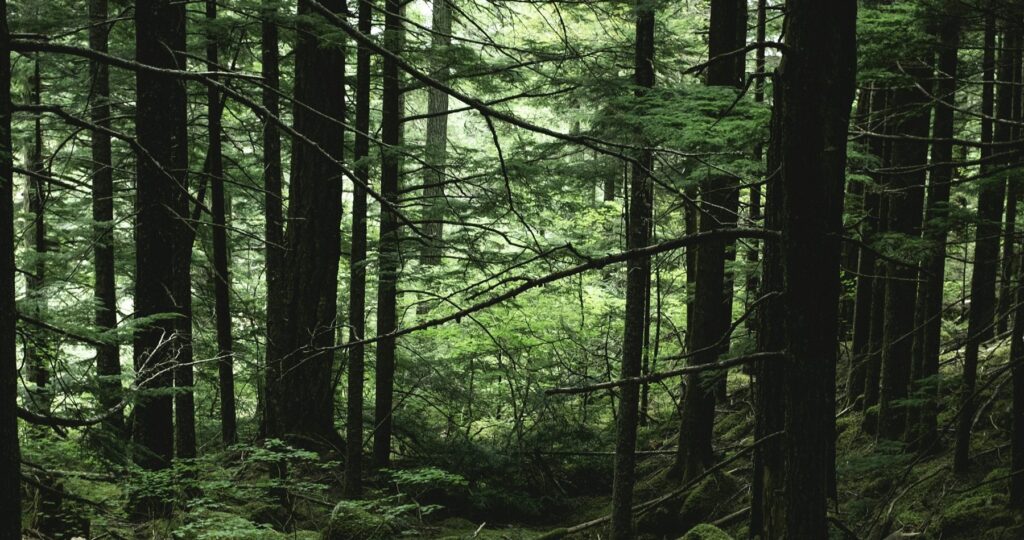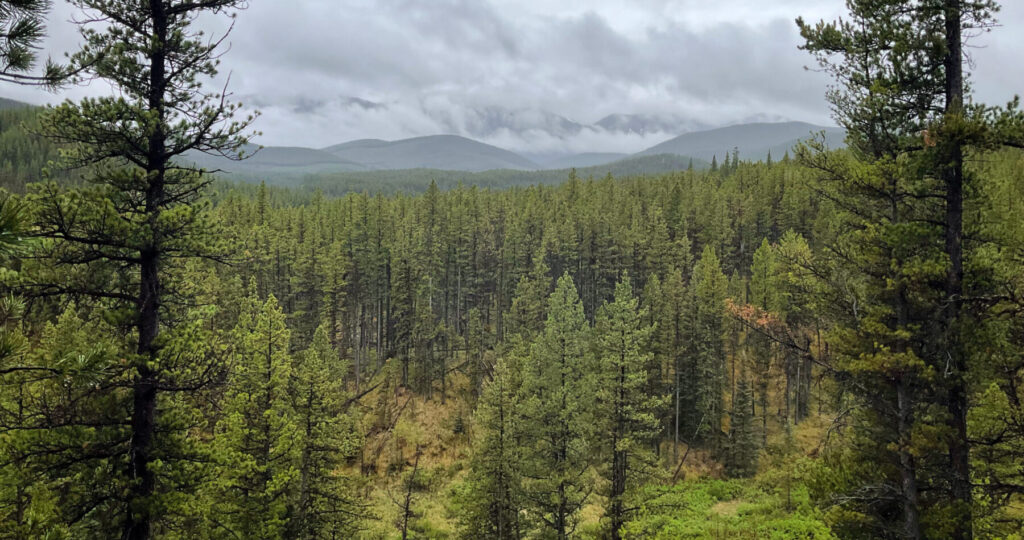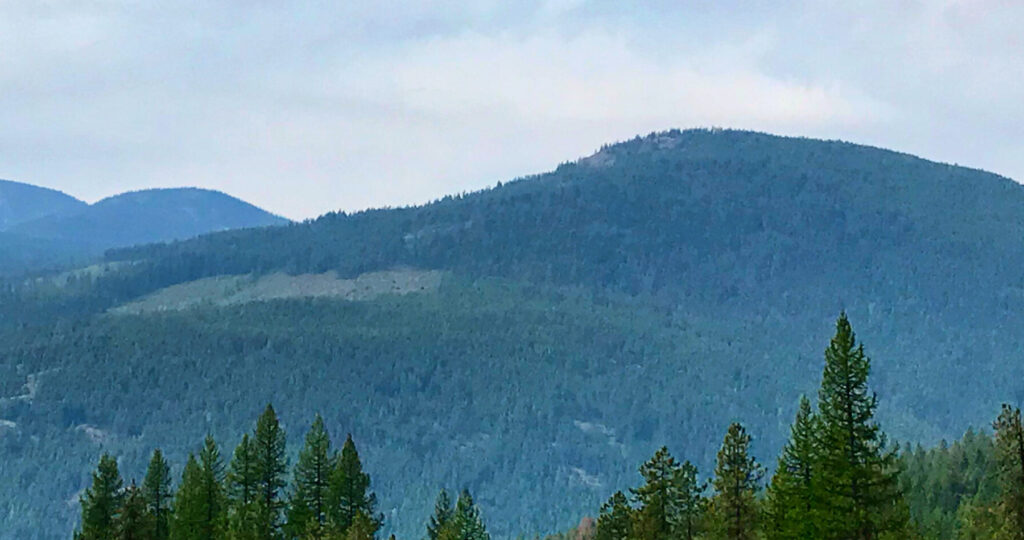Post Category : Heritage Management
Careers in Archaeology
Consulting
The most common career in archaeology is that of a consulting archaeologist. Consulting archaeologists work in the field of Historic Resource Management or Cultural Resource Management (CRM). People in this line of work generally work on Historic Resource Impact Assessments of planned developments before construction is started. The responsibility of consulting archaeologists is to identify historic resources and make recommendations as to how to manage those resources when they might be impacted by proposed developments. Most work conducted by consulting archaeologists is archaeological survey, rather than excavation. This work is typically done between the months of May and November and the winter months are spent writing reports. In some jurisdictions (northeastern British Columbia for example) field work can continue year-round with adaptations made to conduct work during the winter months. Supervisors and project managers typically have a Masters degree level of education. There are often seasonal positions for archaeologists with a Bachelor’s degree.

Universities
Some archaeologists work in universities as professors who teach classes during the school year. Over the summer and throughout the year they publish articles about their research. This may involve conducting detailed excavations of known archaeological / historic resource sites to learn about the lives of people in the past and to answer research questions. Some academic archaeologists focus on artifact reproduction and other experimental techniques to learn about past lifeways, while others use scientific methods such as isotopic analysis or ancient DNA to learn about specific topics, for example past human migration and diet. Academic archaeologists tend to do less field work, and often because they are restricted in time owing to teaching responsibilities they revisit the same site to excavate for short periods year after year (for example L’Anse aux Meadows was excavated over the course of eight summers). The focus of academic archaeology tends to be more theoretical and analytical work. Archaeologists working in universities generally have a PhD level of education and post-doctorate experience.
Museums
Jobs in museums are less common for archaeologists but do exist. These archaeologists work as curators creating exhibits at the museum for the general public, lead tours of the museum and special collections and conduct research and publish journal articles of their findings. Research projects done by museums tend to be smaller in scale than those done by universities as funding is less available (university research is often funded by grants that are only available to students or academics) and free student labour is harder to come by. Conservators are specialized archaeologists who work to preserve artifacts and maintain optimal storage conditions for those artifacts (appropriate humidity and temperature are examples). Most artifact conservation positions are at museums. Conservators often do a more in depth analysis of artifacts after they are received at the museum than the researcher may do as they need to know the exact chemical make up of the artifact in order to best preserve it. An archaeologist may only need to state in their research that an artifact is metal, but a conservationist needs to know exactly what kind of metal that is to best protect it. Conservators often have a background in archaeology but attain specialized graduate degrees in conservation or museum studies specifically related to conservation of artifacts. These positions are usually held by persons with a Masters degree or PhD.
Government
The provincial government employs archaeologists to oversee the work of the archaeologists within the province. Archaeologists working for the government review permit applications, grant archaeological research permits and they review the work of the consulting and academic archaeologists by means of a review of the reports submitted upon the completion of a project. The folks at the government provide guidance to field archaeologists and manage the Archaeological Site Inventory, where all the site information is submitted and compiled into a searchable database. The federal government also employs a handful of archaeologists to do research projects. These research projects are usually done though Parks Canada or the Canadian Museum of History. A recent example is the underwater archaeological investigation to find the missing ships from the Franklin expedition. These positions are usually held by persons with a Masters degree or PhD.




